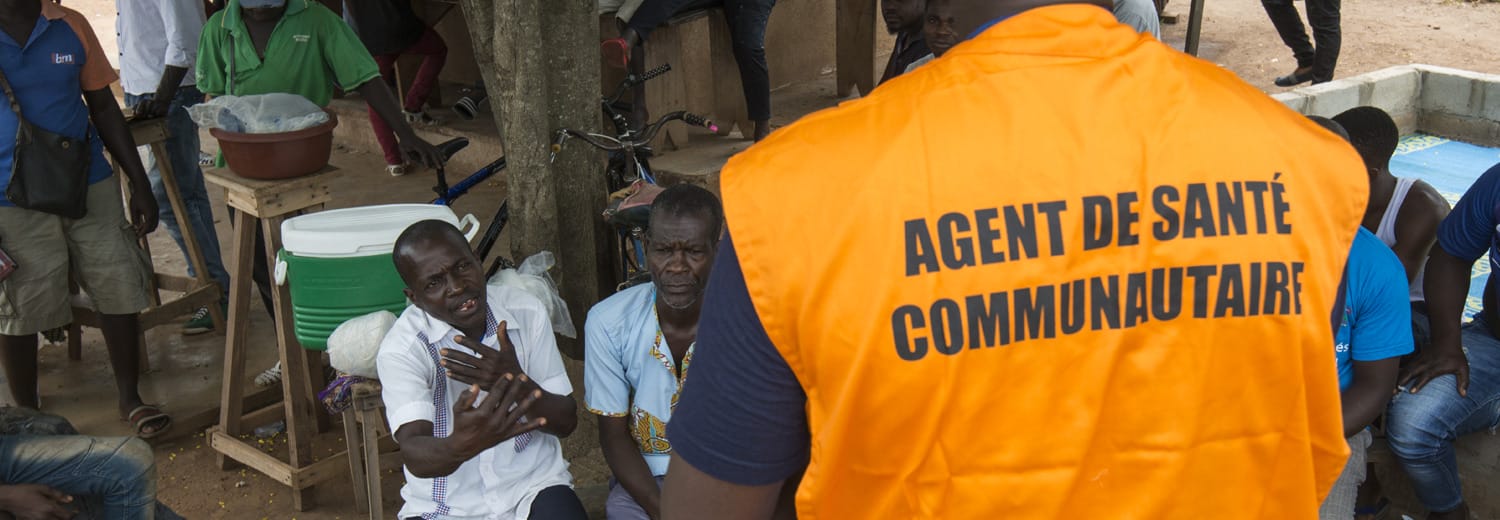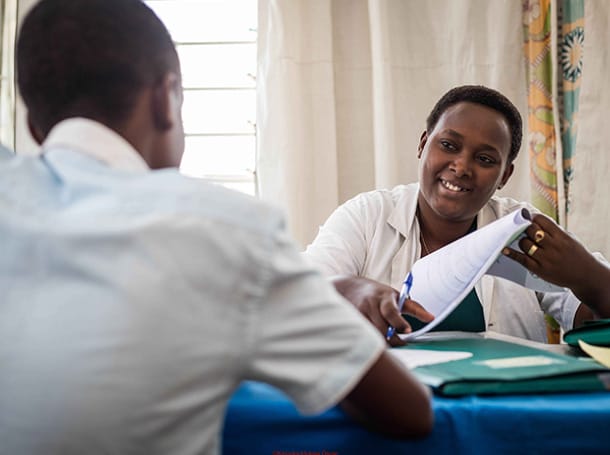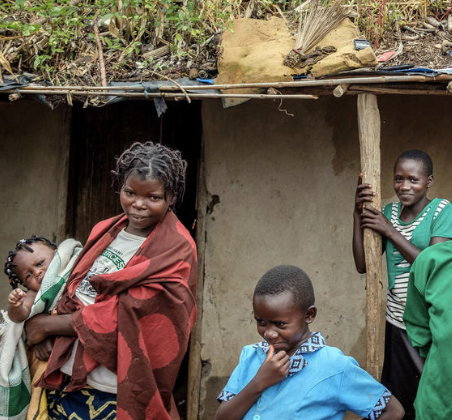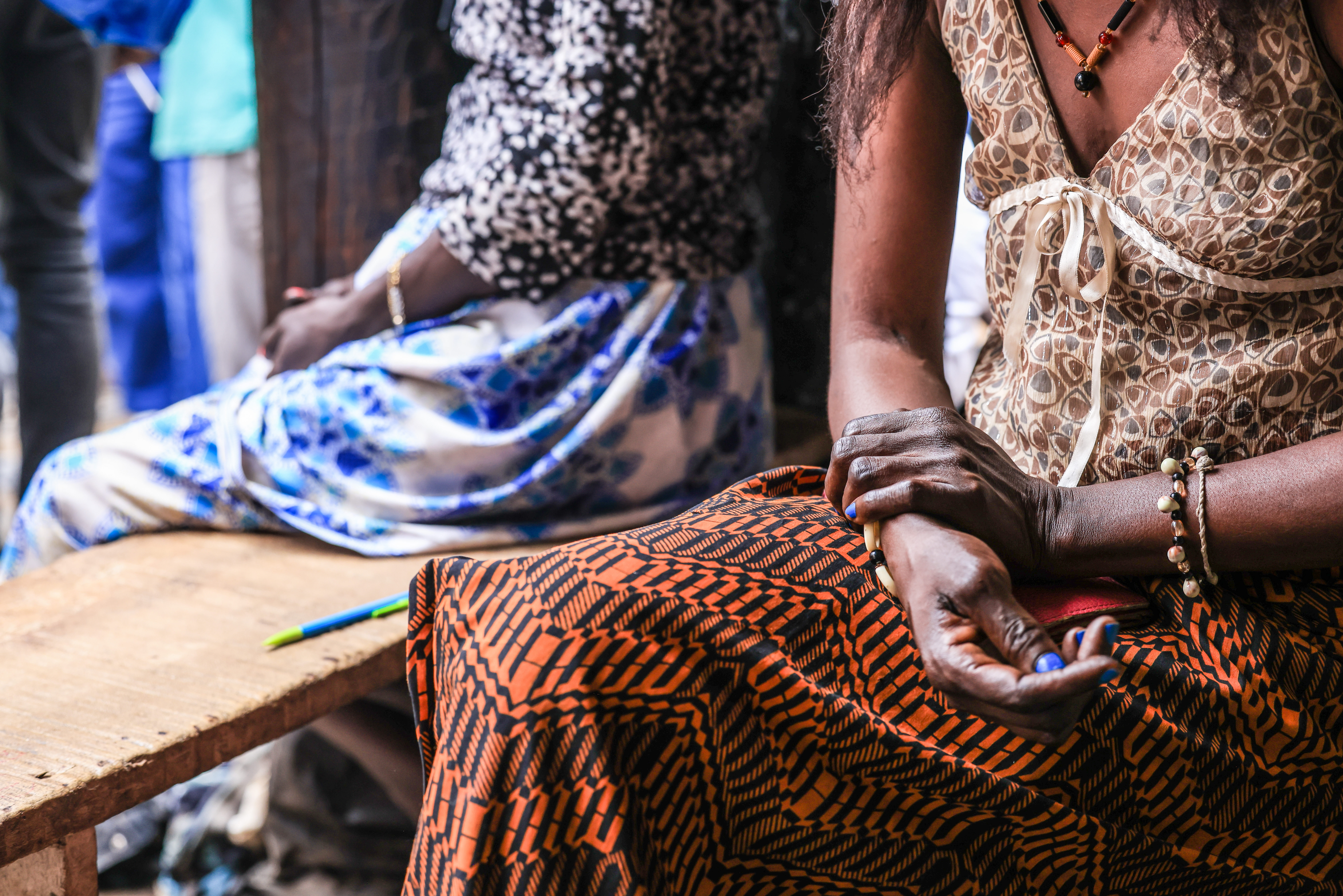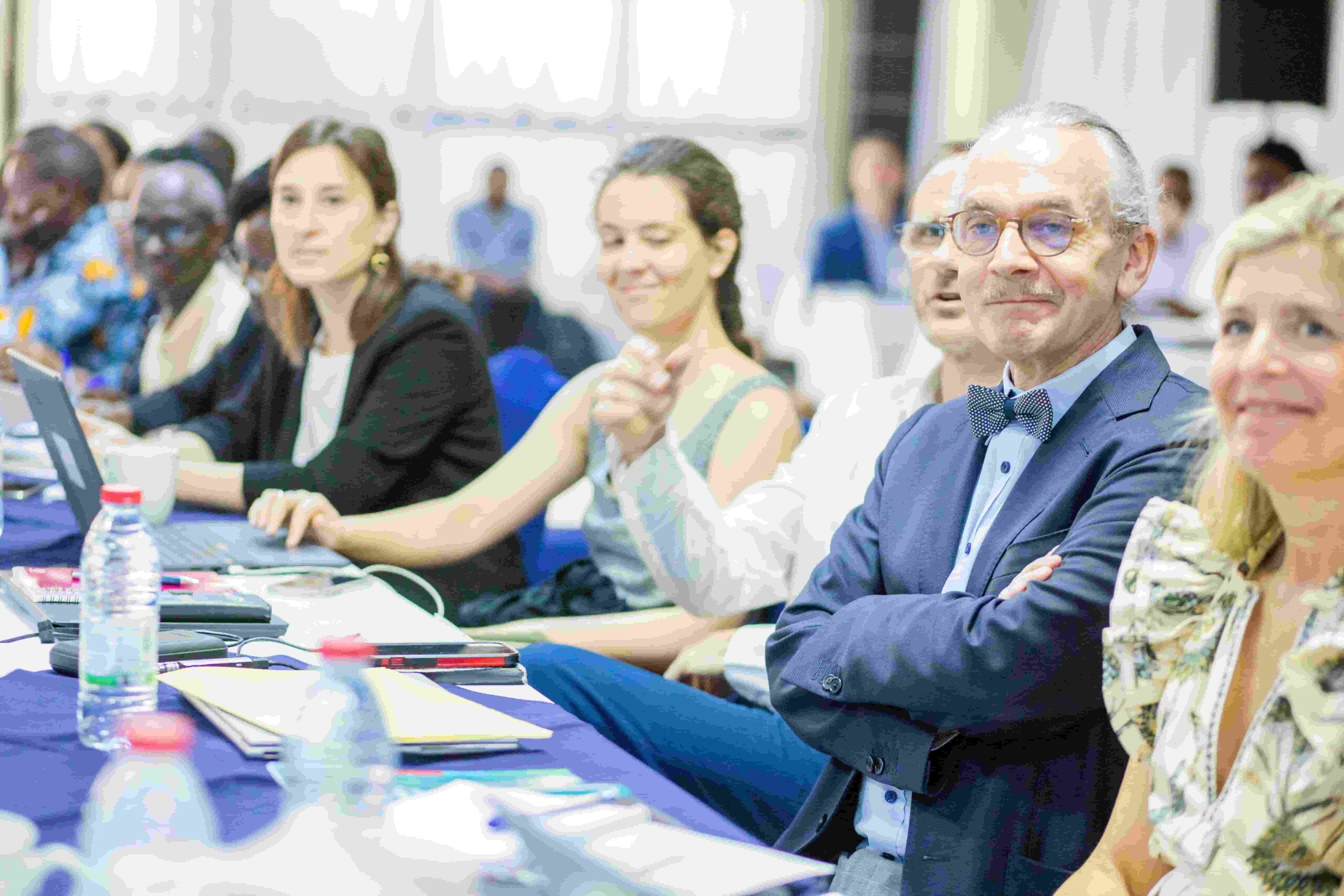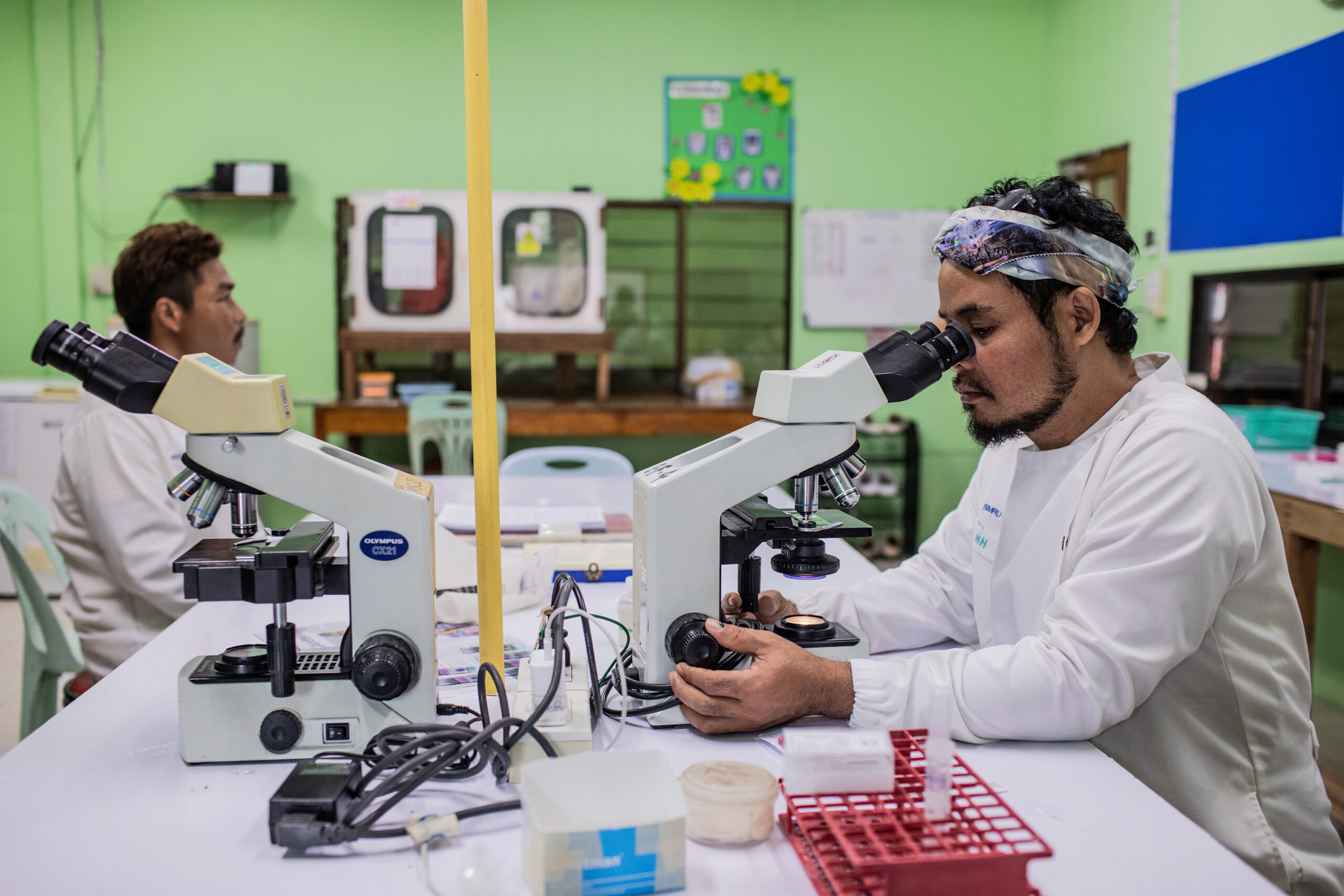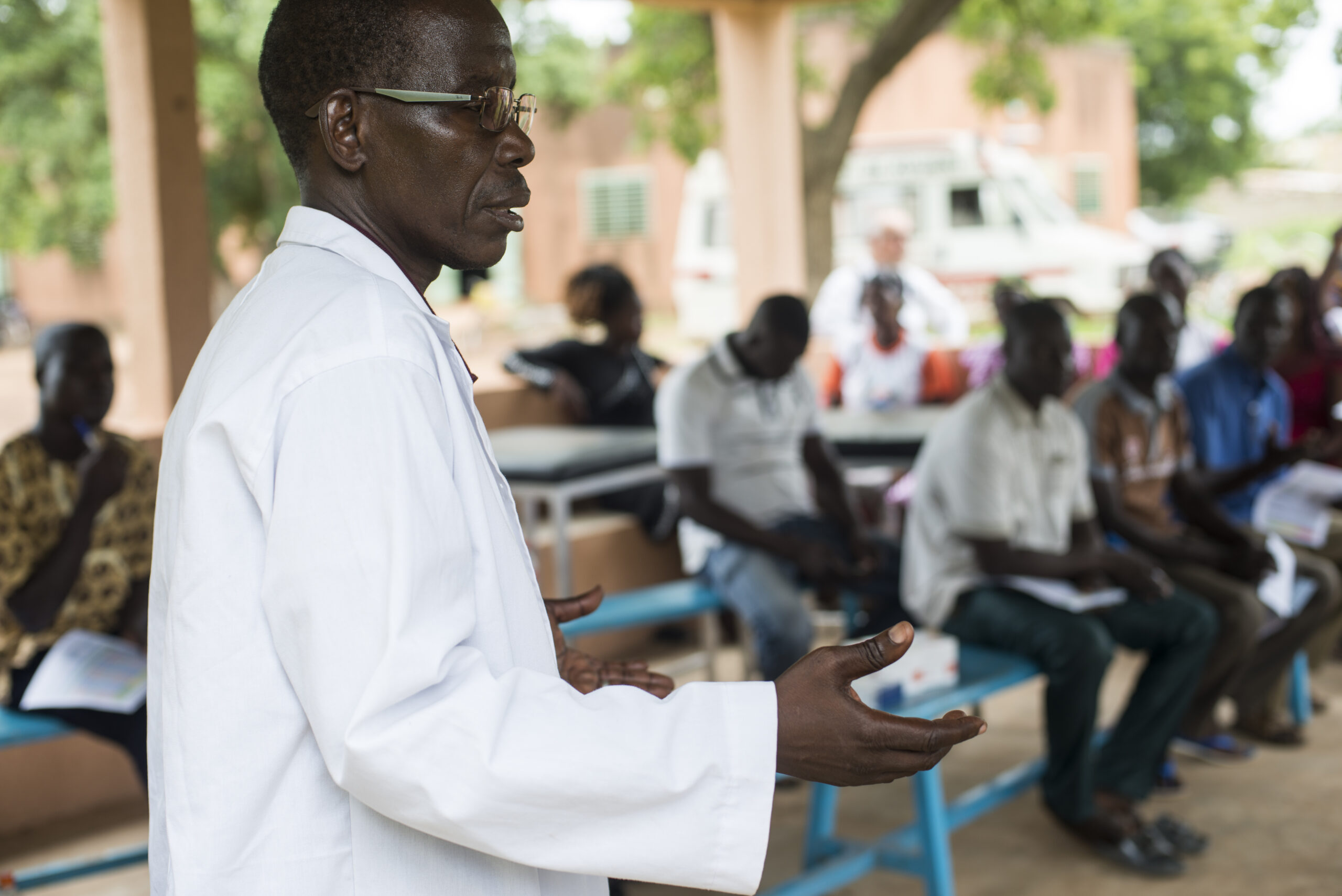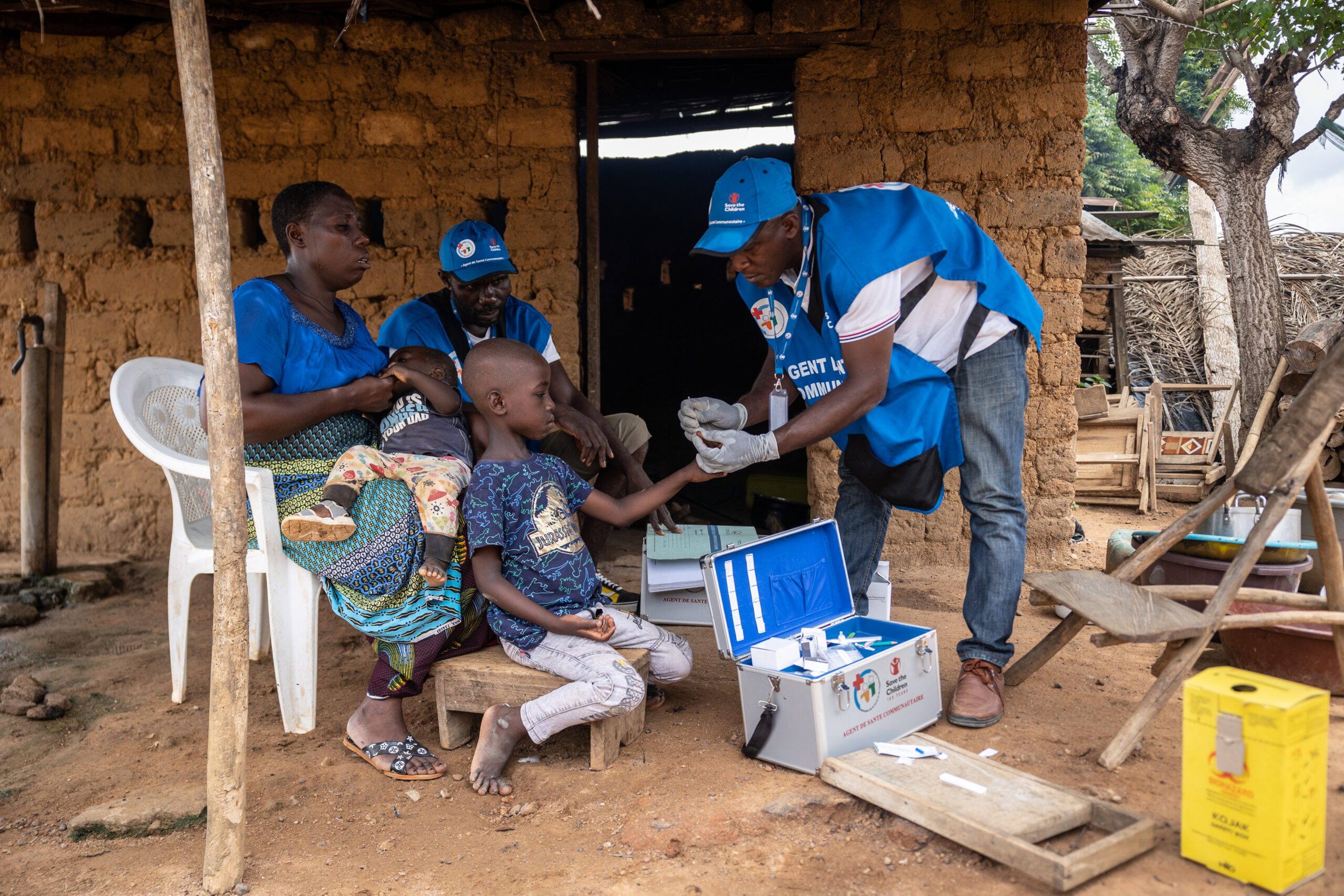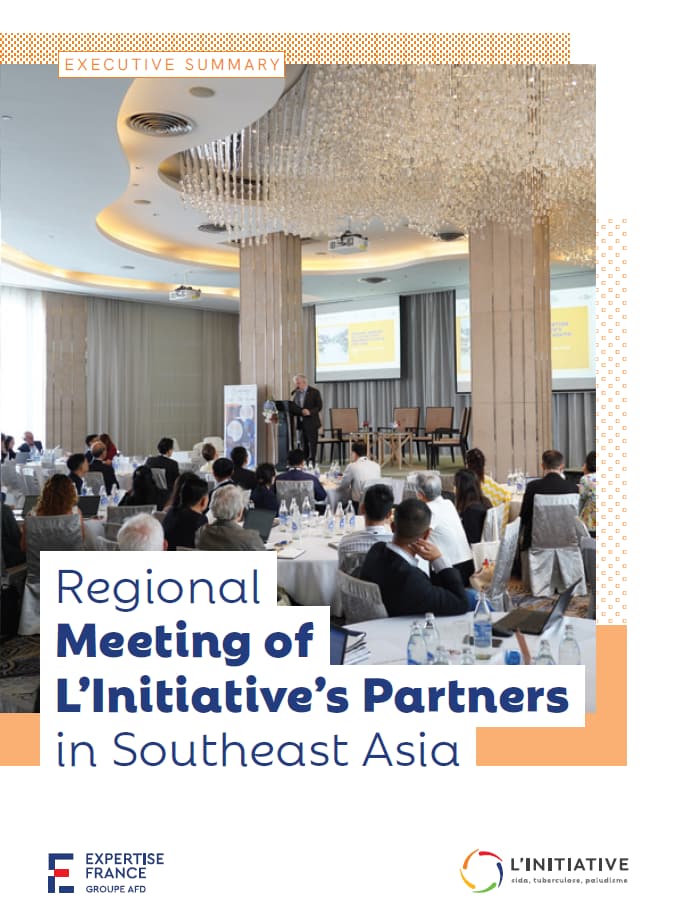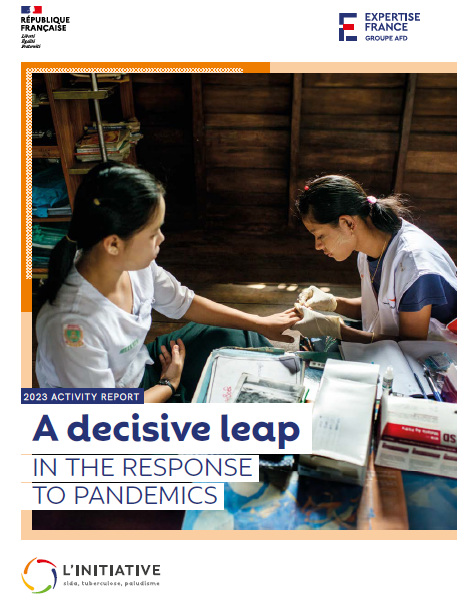You are a “community expert.” What does this mean and involve?
Community health experts usually hold a university degree in public health, community health, or social sciences. But above all, they have significant professional field experience in the non-profit sector.
The first quality of a community TB expert is their in-depth knowledge of community health strategies, as well as international guidelines on TB, including those of the WHO, the Global Fund, the Stop TB Partnership, etc. It is also important to know how to practice “non-governmental diplomacy.” Namely managing the balance and sensitivities between state actors and organizations, whose immediate interests do not always match. Ultimately, it is always the health of the patients that must come first!
Can you tell us about your experience of the community component of the global fund grant in Côte d’Ivoire?
In 2011, when I joined Caritas Côte d’Ivoire, the organization had just been appointed Principal Recipient of the community tuberculosis component of the Global Fund cycle. In the country, it was the first time that a community tuberculosis care system, not linked to the direct coordination of the national tuberculosis control program, was responsible for a component of the Global Fund grant.
As the Monitoring and Evaluation Manager, I contributed to the design and national deployment of the strategy for collecting and transporting sputum from the community to the nearest testing and treatment center. At the end of 2014, after two years of implementation in the field, community work had already reduced the rate of patients lost to follow-up from 9% in 2011 to 4% in 2014. At the same time, the detection of tuberculosis cases increased by 15% in the regions reached by the project. This program has really had a concrete impact on tuberculosis monitoring in the country.
You have worked together with Médecins du Monde, who we support on a treatment program for drug users in Abidjan. Can you tell us more about your role in the project?
When I was coordinator of the tuberculosis program at Alliance Côte d’Ivoire, we were asked by Médecins du monde to participate in the creation of an NGO for drug users and to set up a dedicated care system. In this context, I made my assistant available, who trained officials of this NGO in community care and testing of drug users with symptoms of tuberculosis.
You have worked with L’Initiative on several assignments to support community strategies to combat tuberculosis in West and Central Africa. What developments have you seen since?
In 2018, L’Initiative recruited me for an assignment to support the development of a strategy to strengthen community systems in response to tuberculosis in Niger. Since then, organizations involved in responding to tuberculosis and patients’ organizations have more of a voice. A network of organizations to combat tuberculosis has been set up, and we are supporting it as part of DRAF-TB (Dynamique d’Afrique Francophone pour la réponse la Tuberculose), a sub-regional network that covers twelve countries in West and Central Africa.
I would also like to mention another assignment carried out in 2017: I had the opportunity to lay the foundations of the first community engagement mechanism for tuberculosis in Cameroon as part of a Global Fund funding request. The positive results of this experimental mechanism have earned the country additional financial support of over 5 million Euros for 2020-2022. This grant will help strengthen community involvement in actively identifying tuberculosis cases in Cameroon.
